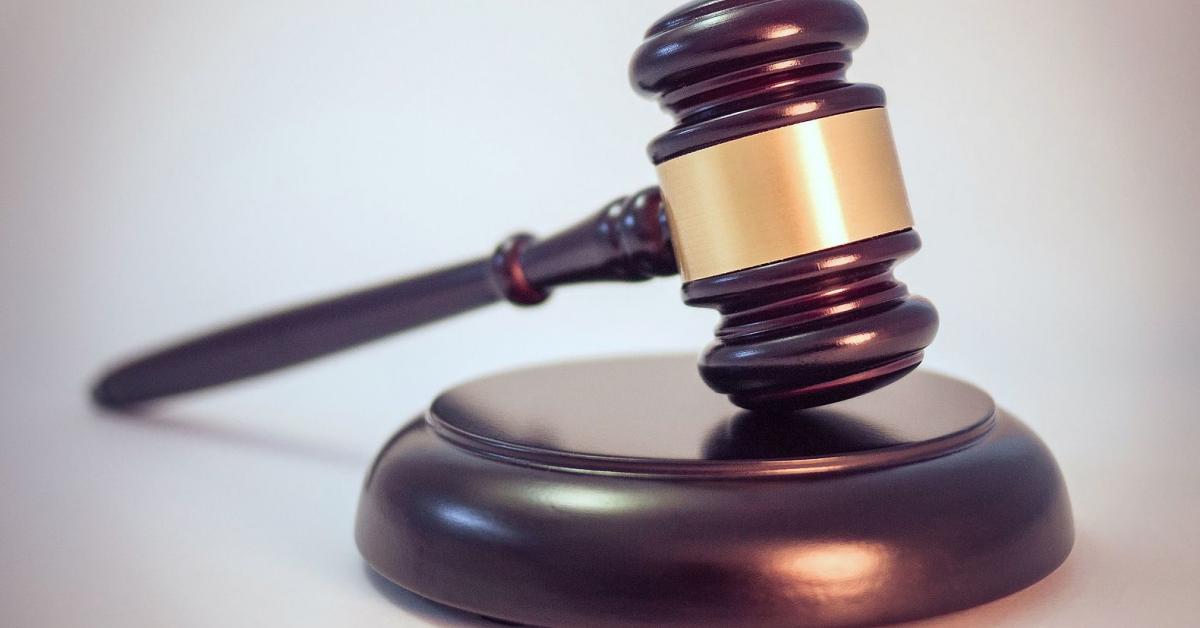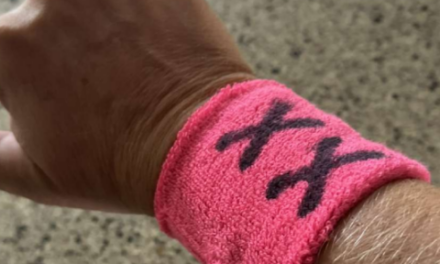We support our Publishers and Content Creators. You can view this story on their website by CLICKING HERE.

Five Republican congressmen filed a lawsuit against the Pennsylvania secretary of the commonwealth over allegedly lax requirements for military and overseas voters.
Pennsylvania GOP Reps. Guy Reschenthaler, Dan Meuser, Glenn “G.T.” Thompson, Lloyd Smucker, and Mike Kelly filed a lawsuit in federal court on Monday against Republican Pennsylvania Secretary of the Commonwealth Al Schmidt and Deputy Secretary for Elections Jonathan Marks for a directive regarding the verification of the eligibility of military and overseas voters.
These voters are allowed to vote from outside the U.S. due to the federal Uniformed and Overseas Citizens Absentee Voting Act (UOCAVA). To apply for a UOCAVA ballot, a voter must provide a Social Security number and either a state-issued driver’s license or identification number, which are used to verify the voter’s identity.
However, the Pennsylvania Department of State’s directive states “that Pennsylvania and federal law are clear that voter registrations may not be rejected based solely on a non-match between the applicant’s identifying numbers on their application and the comparison database numbers.”
The lawmakers’ lawsuit argues that the directive violates both UOCAVA and the Help America Vote Act of 2002 (HAVA).
“The Commonwealth’s practice is an illegally structured election process which makes Pennsylvania’s elections vulnerable to ineligible votes by individuals or entities who could purport to be UOCAVA-eligible, register to vote without verification of identity or eligibility, but receive a ballot by email and then vote a ballot without providing identification at any step in the process,” the lawsuit reads.
The congressmen ask the court to order the secretary to direct county election officials to verify the identity and eligibility of individuals applying for UOCAVA ballots. The legislators also request that the judge order the county election officials “to segregate UOCAVA ballots returned for the 2024 election until the identity and eligibility of the applicant can be verified as required under HAVA and state law.”

 Conservative
Conservative  Search
Search Trending
Trending Current News
Current News 





